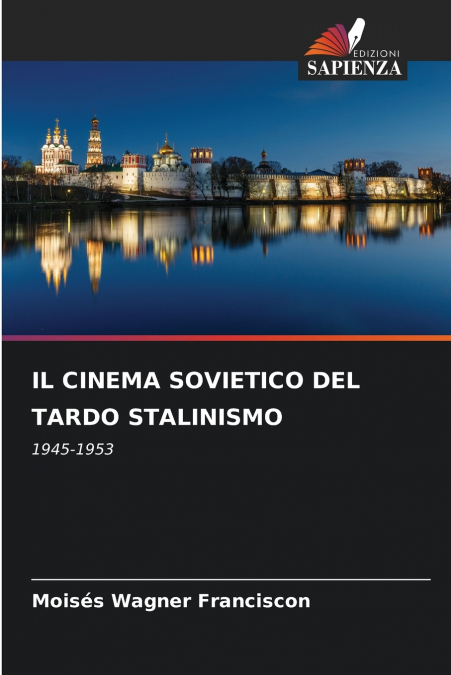
Moisés Wagner Franciscon
Tra il 1945 e il 1953, l’URSS ha vissuto gli ultimi anni di potere di Stalin. Il Paese si stava ricostruendo dopo la catastrofe della Seconda guerra mondiale. Il cinema stesso si stava risollevando dalla distruzione fisica dell’Occidente e dalla mobilitazione per lo sforzo bellico attraverso gli studios trasferiti a est, in Asia centrale. La costituzione del cinema sotto il tardo stalinismo ha attraversato delle fasi. Dal 1945 al 1947, film impegnativi, critici e audaci sono emersi dalle mani di cineasti che hanno approfittato dell’autonomia acquisita dalla società durante la guerra e della necessità dello Stato di raccogliere consensi. Ma c’erano anche cineasti impegnati in ogni occasione. Dopo il 1947, la libertà artistica fu limitata e il cinema fu costretto o invitato a partecipare al progetto di unità nazionale di fronte a un nuovo conflitto, ora freddo in Europa e caldo nel nascente Terzo Mondo. Per combattere la propaganda anticomunista e antisovietica, il cinema produceva propaganda antiamericana. Si potevano vedere i soliti capitalisti, oppressivi, avidi e sfruttatori, ma anche ubriacarsi - non di vodka, ma di gin per i poveri o di whisky per i ricchi.